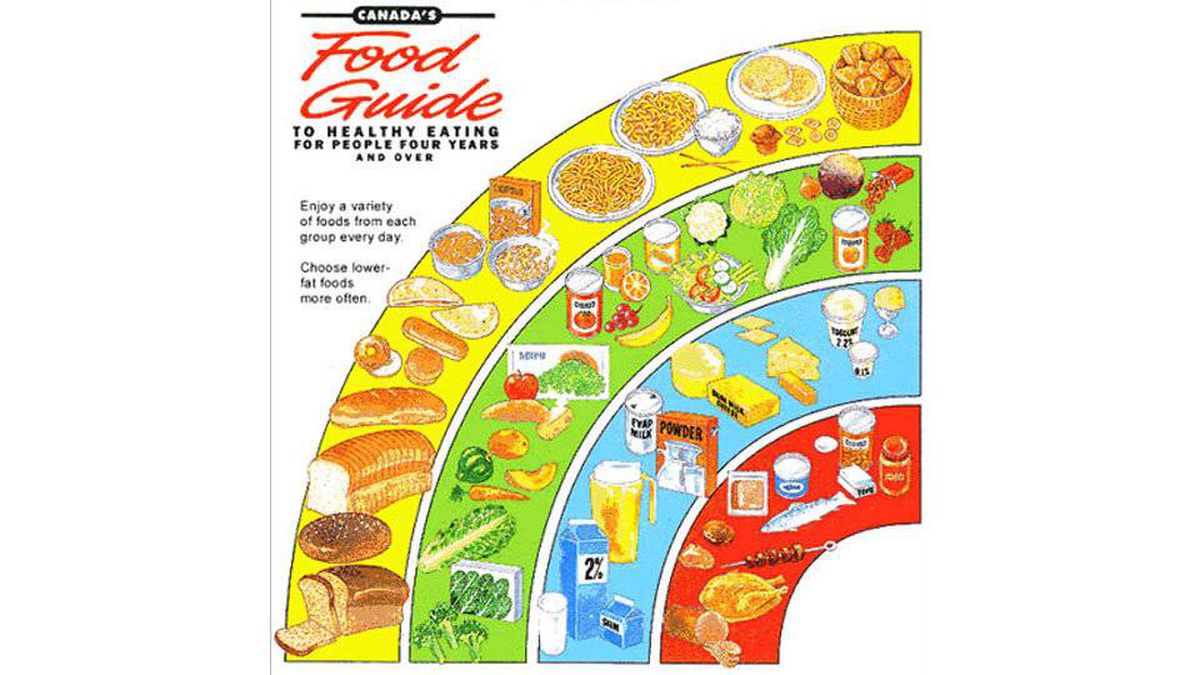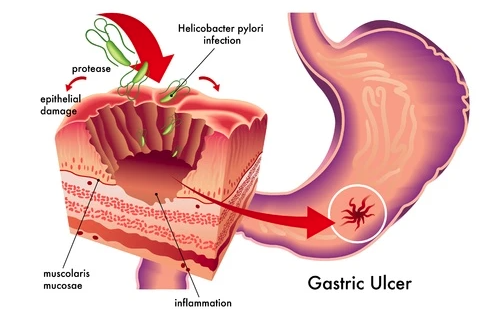
I have previously discussed the Standard American Diet (SAD)1, which is becoming the normalized world diet. It is based off of the four food groups- grains, dairy, meats and alternatives, and fruit and vegetables. There are varying degrees for this diet based on this pedagogy. However, this is not the only diet available to you. The ketogenic2, primal3, paleo, gut and psychology syndrome4, selective carbohydrate diets, and variations of these, are examples of ways to eat that is optimal for health and that can provide life changing experiences for well-being.

What do these diets have in common? Restricted or completely removed carbohydrates. In the case of GAPS and SCD, they remove all carbs first. Then they have a structured implementation of certain carbs back into the diet. Al these diets also have the common outcome of reducing insulin levels, weight management, reducing the workload on the digestive system, and healing the digestive system through increased lips and collagen ingestion, while still providing a caloric intake necessary for fitness. Medical doctors prescribe the ketogenic diet for seizures5. The myelin sheath, a lining of the neuronal axons in the brain, is made up of lipids, as are all cells in the body. Increased fat consumption thus helps protect the brain by supporting the myelin sheath6. GAPS purports to assist in fixing psycho-behavioural conditions, such as depression and autism, through healing the gut and microbiome. To start to understand that diet is fundamental to the well being of you physical state as well as mental is essential.
Twenty one days is touted as being the being starting period for a ketogenic style based health program7, as that is how long it takes to start to see the effects. Depending on the level of toxicity you are experiencing from SAD foods, you could see some benefit immediately.

For example, I was at a point in when I decided to sober up from drinking alcohol. The illness had become too much and I was starting to not be able to keep food down. The doctor stated I was getting an ulcer. So I quit drinking. But the majority of problems with my intestinal health, let’s call it irritable bowel syndrome (IBS) for the time being, abated to some extent but was certainly still present. The day I changed my diet from SAD to GAPS, I immediately noticed a drastic change in my ability to digest food, not feel ill from eating, and stopped running to the bathroom every ten minutes. A week later, I ‘treated’ myself to candy and pizza and experienced symptoms I can only describe as an allergic reaction. I broke out into an itchy feeling rash, was dizzy and wanted to vomit. Of course, one might say that I was not used to eating those foods so I had a bad reaction to them. And that is exactly the point. One must become habituated to these types of foods to not experience the toxic effects on a physiological level.
The adage: ‘You are What you Eat’ is pertinent to understanding the effects of food on the bio-chemical processing of the body. If you are consuming food like products, you are depriving your system of essential nutrients that evolved along with the bodily systems for optimal health. That is not to say to disregard medicine or supplements. Scientific research is doing an excellent job at understanding how to isolate factors in human development to increase the potential for well-being. But you cannot live on a SAD diet and supplement yourself with medications for the illness it is causing your body. There are certain genetic predisposition that may require medication either in the short term or long term8, but if the medication required is due to what is being ingested, it is much more logical (and simple), and most likely has a higher likelihood of succeeding to heal you, than does taking medicine alone.
To return to my example above. A year after I sobered up, I returned to my doctors office and explained I still had these symptoms. I went for a blood test and tested positive for H.pylori9. This is a bacteria in your pyloric valve that is considered to cause ulcers. I was give ulcer medication and antibiotics. I did two rounds of this medication, and nothing changed. But the moment I changed my diet, immediate difference. Now, you could argue that the medications I took, finally had an effect (exactly on the day I changed my diet?). I find that difficult to believe. . Or there is the possibility it was a combination of the medications finally coming into effect and the change ion diet. That is plausible. You would need some curtailed, closely examined studies to explore this. However, I stand firmly on the side of diet having a greater effect. Since then, I have been mainly on a variation keto diet nearly for 6 years. And whenever I deviate from the diet, the symptoms return to some extent.
The above tells me that my gut is mainly healed. That I can tolerate some SAD foods without a total breakdown of my system. But this also tells me that I am taxing my system, putting my body into a state of illness that can be avoided by eating right. By following a diet protocol like the ones mentioned above is highly beneficial for my body, and I am not that unique. Many individuals can benefit from carbohydrate reduced and eliminated diets that remove the toxic in the SAD spectrum.

